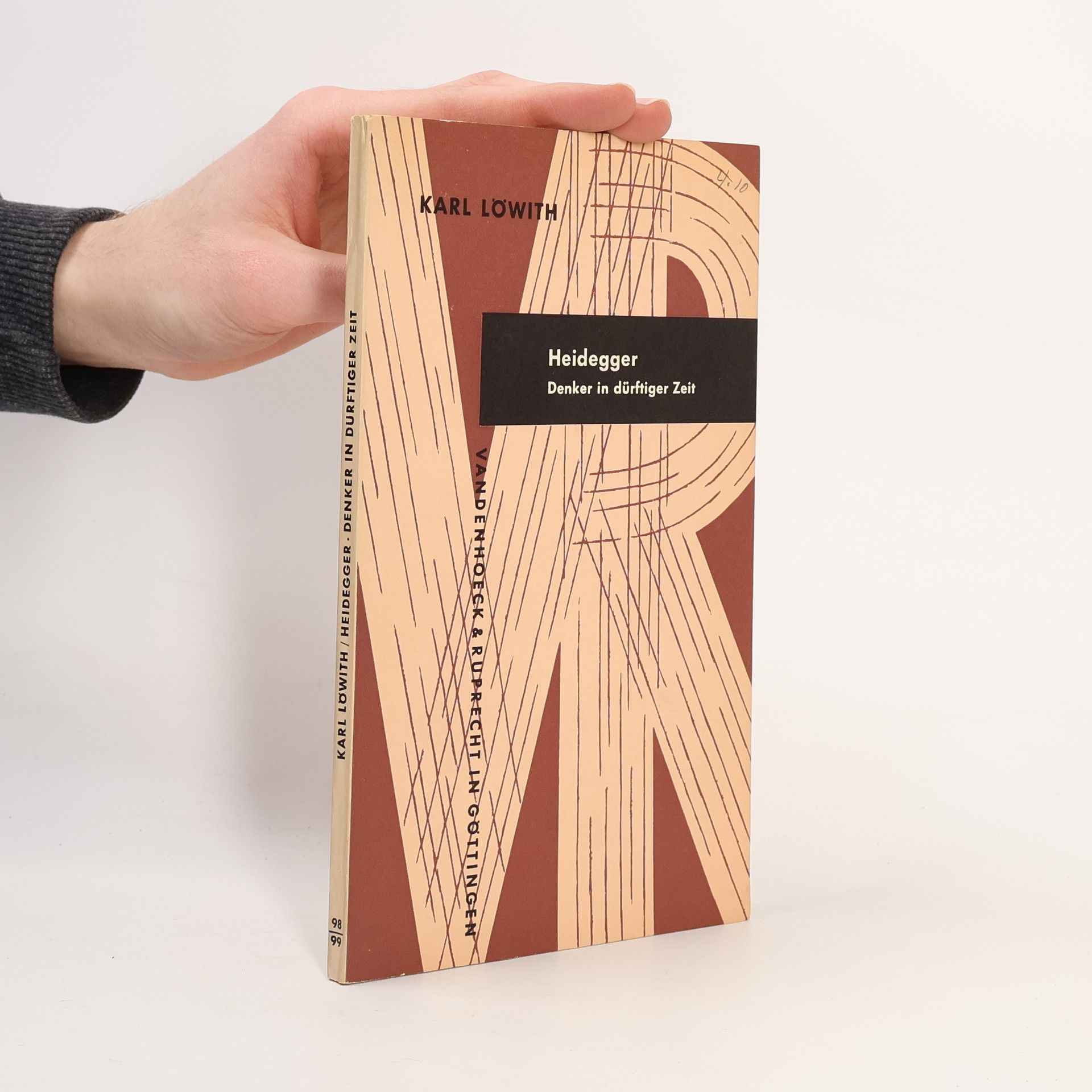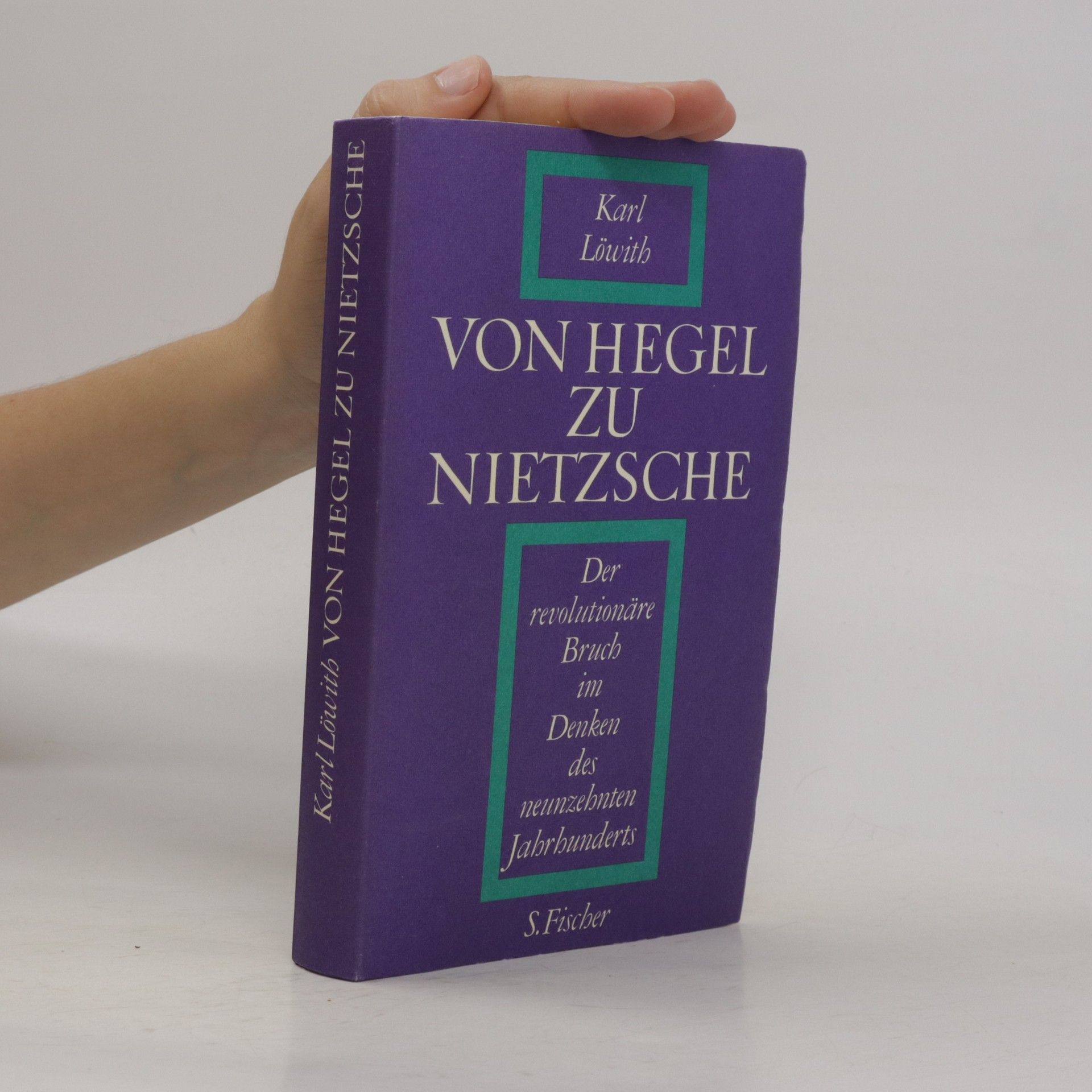Karl Löwith: Nietzsche
Sämtliche Schriften, Band 6
In diesem sechsten Band der Sämtlichen Schriften werden zentrale Arbeiten dokumentiert, in denen sich Karl Löwith mit dem zwischen Philosophie und Dichtung angesiedelten Werk Friedrich Nietzsches und dessen Wirkung auseinandersetzt. Löwiths kritische Beschäftigung begann 1923 mit seiner Dissertation über Nietzsches Selbst-Interpretation und kulminierte in seiner 1941 erschienenen Darstellung des revolutionären Bruchs im Denken des 19. Jahrhunderts. Die in diesem Band abgedruckten Arbeiten reichen von »Nietzsche im Lichte der Philosophie von Ludwig Klages« (1927) bis zu späten Resümees wie »Nietzsche nach sechzig Jahren« (1960) und »Nietzsches antichristliche Bergpredigt« (1962). Diese Texte zeigen Löwith als kritischen und aufmerksamen Beobachter der Nietzsche-Wirkung im geistigen und politischen Deutschland. In seinem Rückblick beschreibt er den Verlauf der Nietzsche-Wirkung, die mit der Anerkennung des Moralisten und Psychologen begann und in der Zarathustra-Verehrung der jungen Generation des Ersten Weltkriegs gipfelte. Löwiths Interesse an Nietzsches Wirkungsgeschichte ist zentral für seine Kritik des geschichtsphilosophischen Denkens und der Philosophie der Existenz.





